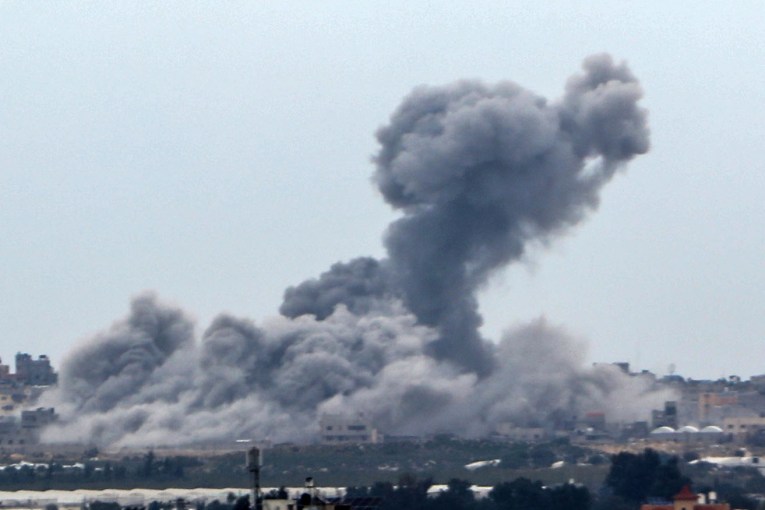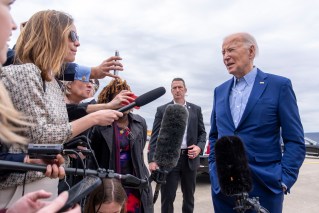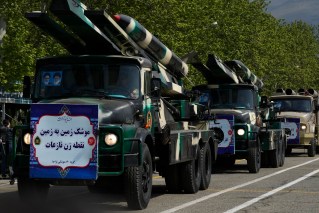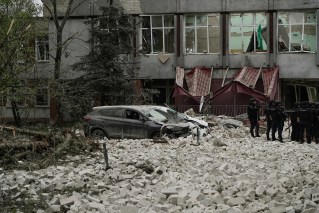Inspectors barred from Syrian chemical attack site as Russia accused of tampering

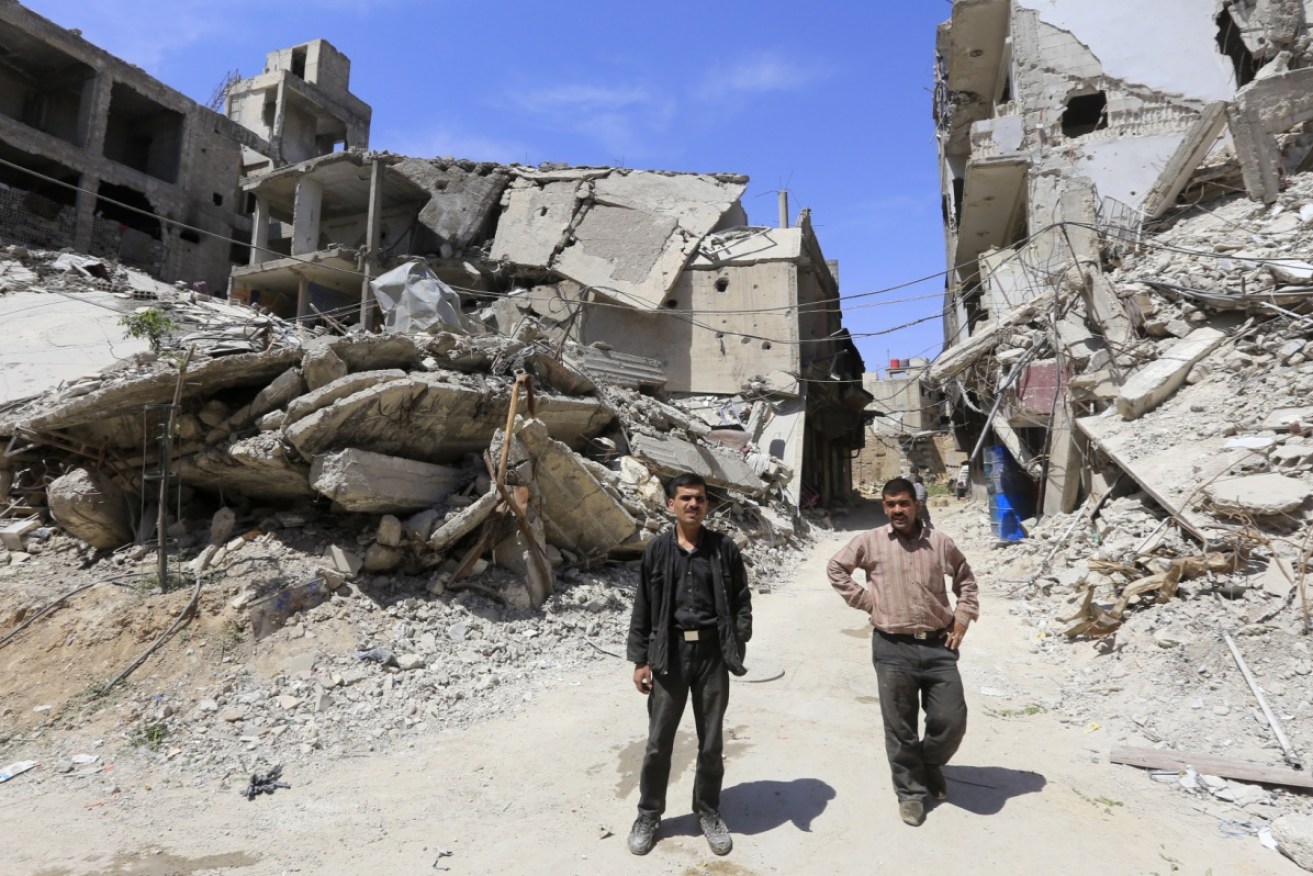
Independent inspectors fear Russia may have tampered with evidence at the scene pf the elleged attack. Photo: Getty
A team of independent investigators have been prevented from reaching the scene of an alleged chemical attack by Syrian and Russian officials.
The lack of access to the town of Douma by inspectors from the watchdog group, the Organisation for the Prohibition of Chemical Weapons (OPCW), has left questions about the April 7 attack unanswered.
The claim by the OPCW comes as Russian foreign minister Sergei Lavrov was forced to deny Russia tampered with evidence at the alleged attack site.
OPCW director-general Ahmet Uzumcu said Syrian and Russian officials had cited “pending security issues” in keeping its inspectors from reaching Douma.
“The team has not yet deployed to Douma,” two days after arriving in Syria, Mr Uzumcu told an executive council of the OPCW in The Hague.
Syrian authorities were offering 22 people to interview as witnesses instead, he said, adding that he hoped “all necessary arrangements will be made … to allow the team to deploy to Douma as soon as possible”.
The US and France say they have evidence that poison gas was used in Douma, east of Damascus, killing dozens of people, and that President Bashar al-Assad’s military was behind it, but they have made none of that evidence public.
Syria and its ally Russia deny any such attack took place.
US envoy to the OPCW, Kenneth Ward, said: “It is our understanding the Russians may have visited the attack site.
“We are concerned they may have tampered with it with the intent of thwarting the efforts of the OPCW Fact-Finding Mission to conduct an effective investigation,” Mr Ward said.
Speaking to the BBC on Tuesday morning (AEST), Mr Lavrov again denied chemical weapons had been used in Douma.

Mr Lavrov maintains the Syrian chemical attack did not happen. Photo: Getty
“I cannot be impolite with the heads of other states, but you quoted the leaders of France and the UK and US and, frankly speaking, all the evidence they quoted was based on media reports and social media,” he said.
“What did take place was the staged thing,” he added.
Deputy Russian Foreign Minister Sergei Ryabkov blamed the Western air strikes carried out early on Saturday for holding up a mission by the OPCW team to Douma.
He said the inspectors cannot access the site because it needs permission from UN security experts.
He told reporters in Moscow that what is hampering a speedy resolution of the visit to Douma was “the consequences of the illegal, unlawful military action”, a reference to the punitive air strikes.
The OPCW team arrived in Syria shortly before the air strikes and met with Syrian officials.
Government forces and Russian troops have been deployed in Douma, which is now controlled by the Syrian government.
“It is the lack of approval by the UN Department for Safety and Security for OPCW experts to visit the site in Douma that is the problem,” Mr Ryabkov told reporters.
The Kremlin also denied that Russia was not allowing the OPCW mission in, without elaborating.
“As far as I understand what is hampering a speedy resolution of this problem is the consequences of the illegal, unlawful military action that Great Britain and other countries conducted on Saturday,” Mr Ryabkov said.
The OPCW was holding an emergency meeting in The Hague to discuss the suspected chemical attack in Douma.
At least 40 people are believed to have died in the attack on Douma, which until Saturday was the last rebel-held town near Damascus.
–with AAP
